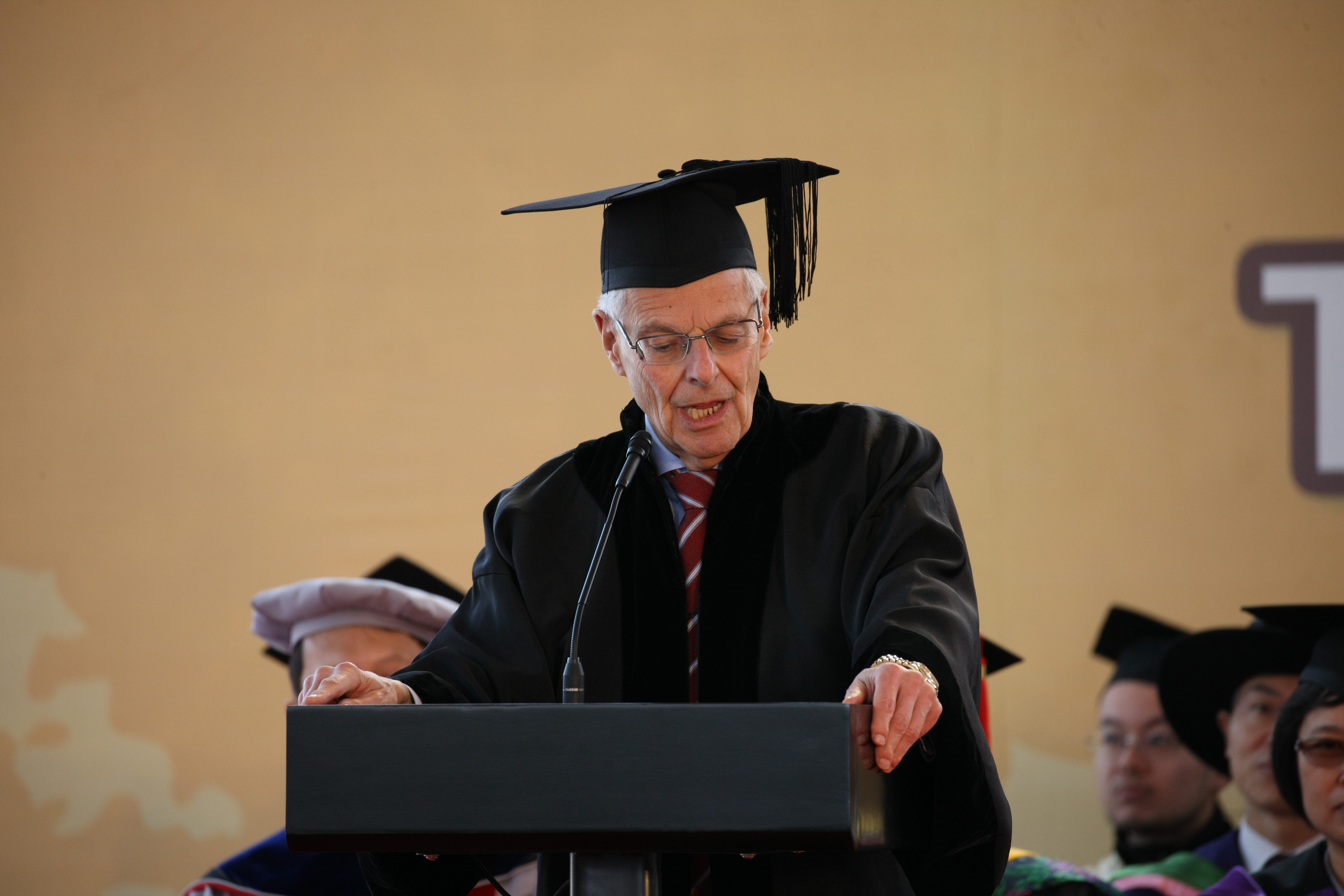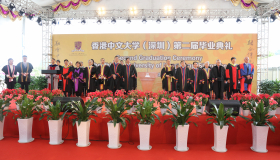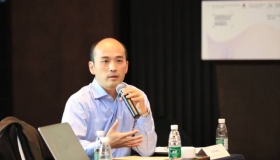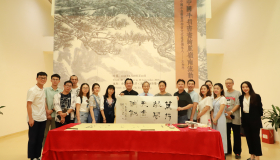Address to Graduating Class delivered by Professor Myron Scholes

Congratulations to all graduates. You are leaving the University at an innovative time for finance and for China. Congratulations to all of you. It is an amazing time for finance because the infrastructure of finance will be changing rapidly. I sense that, in retrospect, it will be judged as an amazing period for financial innovation and for China because the modernization of finance and the innovations in finance will have a dramatic effect of the wealth and growth of China.
You are fortunate that your courses here have allowed you to build a solid foundation in finance theory and financial engineering. That theory is important and should always be remembered as you apply it, expand upon it, and revise it as your experiences broaden. You have a great opportunity to combine theory and experience. I have always believed that neither theory nor experience alone are sufficient. Both are necessary to build lasting financial innovations.
Innovation will use technology far differently from historical directions. Basically, I argue that to be successful, innovation must provide solutions that are faster, more individualized and more flexible at the same or lower cost. That is, most innovations reduce constraints of some form or other. Regulation and governance structures on the other hand are set such that they slow down innovation or attempt to standardize solutions, or strive for inflexibility. But, these internal or external governance rules provide the space to innovators to nurture their innovations, to have time to bring their ideas to the next levels.
My view is that the functions of finance are static while how they are implemented, however, change dramatically over time as technology changes, including computing, telecommunications and financial technology. These functions are (1) transacting, that is, buying and selling goods, securities, etc.; (2) financing projects, marrying human capital teams, the demanders of capital with savers, the suppliers of capital; (3) saving for spending in the future, such as for education, retirement, vacation, homes, contingencies and health; (4) risk sharing and risk reduction, handling uncertainty in decision making and in the economy; (5) market prices, the powerful tool of finance to help us make investment decisions and to protect us; and (6) reduction of information asymmetries, which create deadweight costs of interacting with others.
Fin tech or tech fin are watch words today. There is a gulf, however, between technical expertise in the internet/computer space and technical expertise in finance. As graduates you have a huge advantage to capitalize on that gulf and reduce its import. It needs to narrow. Many attempts to bring new products and solutions to enhance the functions that I discussed, such as block chain or bitcoin or other cryptocurrencies are in their infancy. But without knowledge of finance, economics and financial engineering, attempts are more likely to fail. In my view, the question is not whether one should concentrate on fin tech or tech fin, but how to marry the contributions of both to create better solutions for entities and individual investors. Start with the solutions that clients want.
Data are the key. At the current time, maybe less that 10% of the data that any firm, bank or other entity gathers or have access to are captured and useable. But data are and will become even more so, the most important resource, as we add value by compressing time, and moving more and more from a product focus to a solutions’ focus. Since fourteen hundred nearly all data management in finance has been geared to clearing transactions, a snap shot, and then discarded. That is the transaction processing infrastructure. The future will evolve to record a sequence of transactions, such as with the block chain. This will change finance from transaction processing to transaction analyzing, from a snap shot to a movie. That will allow us to move more and more towards a solution focus and away from a product focus, reducing deadweight costs, frictions and enhancing value.
Changes will be exponential. In my view, data become the primary resource. Who owns the data, who can access it, how is it controlled, how does artificial intelligence use the data are just a few of the important questions to address. It is not so much how we verify the transactions, such as using private block chains with internal crypto technology such as Tencent, or public ones such as bitcoin. Data are the key to improve and innovate within each of the six function areas and multiple areas outside of finance.
Although the functions are static and are the same in China as in the United States, we are a young profession in that there are so many innovations ahead that will radically change and reshape the institutions providing these functions. We should not be stuck in old ways, old views, or with old models. If so, innovation will bypass us.
I am proud that the Chinese University of Hong Kong, Shenzhen is in the center of technological innovation. You and your fellow students reflect this emphasis. I am excited that the financial technology center will foster further studies and modeling of the interactions between technology and finance. Because of these efforts the gaps will narrow much faster and through collaborations new approaches will result in rapid progress. There is so much to study, to model, to build on current practice to enhance our understanding and build new frameworks for the future.
Mr Xi has expressed the view that finance and financial intermediation will play an important role in making China “moderately prosperous” in the coming years. The internationalization of the yuan will be a necessary step to facilitate wealth creation. This is a new and exciting frontier.
Once again, I would like to congratulate the graduating class as this second convocation. You are fortunate to have been trained to think and your skills are in high demand. Be patient and persistent. Use experiments, which might lead to some failures, to learn, and, as a result, refine your models and approaches. Continue to learn from your new colleagues. That is the key. Good luck to all of you.




